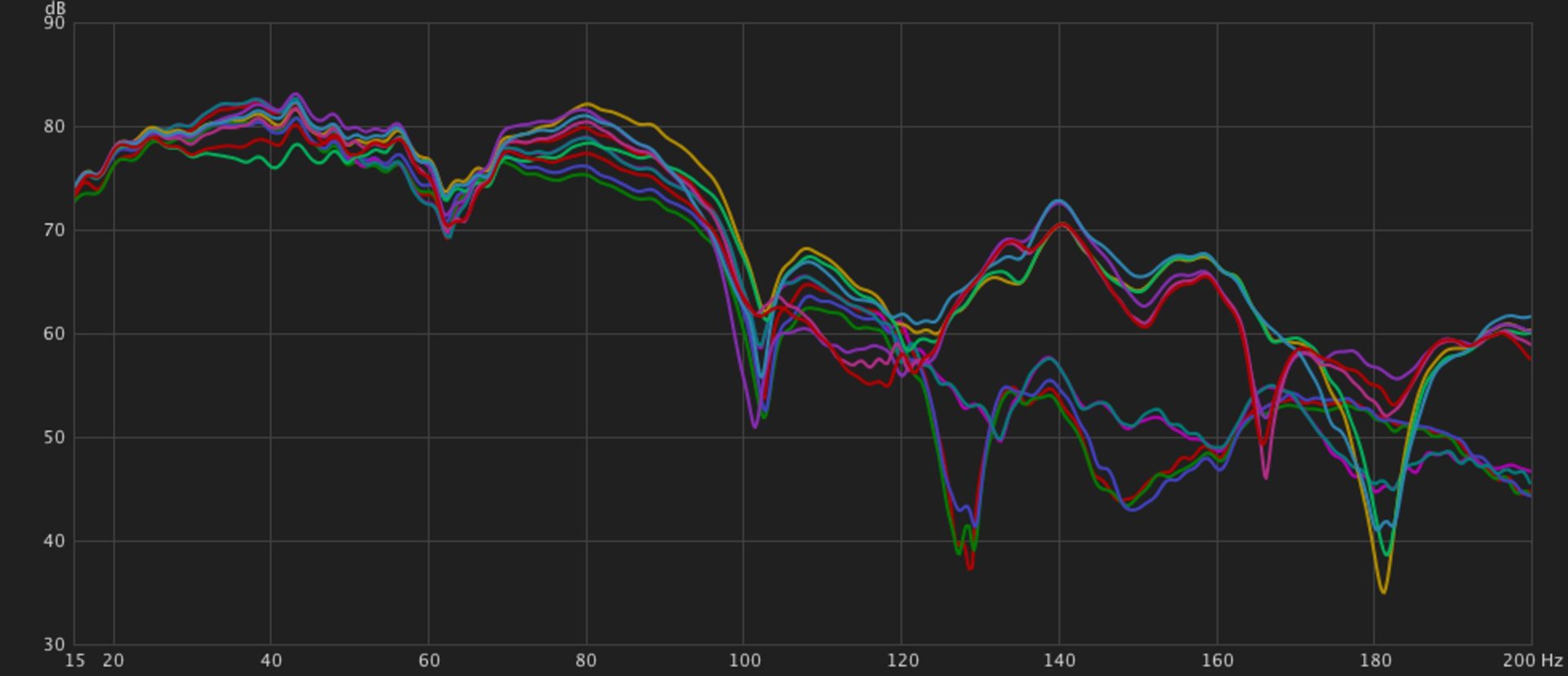Pinging filters in one of my favorite modular patches. You can get lots of different tones, creating very LPG-ish sounds with beautiful ringing decays, booming drums, or melodic clicks and chirps to color your modular masterpiece.
The traditional way to patch a filter for pinging is really simple. Set the resonance on your filter on the verge of self oscillation, run a trigger or gate into the INPUT of your filter, get some pitch CV into the v/Oct input or the filter cutoff CV input. Now patch the output of your filter to your output (or through any effects you might want), and you’re in business. But there’s an inherent problem in many modern filters when patched in this way.

Oftentimes the input will ping on the rising edge of your trigger, then click on the falling edge, which is not ideal. No one wants clicks in their music, except when you do, so we need a work around.
Some filters, in an effort to mitigate the click problem, have a “Strike” or “Ping” input meant for gates and triggers. The Joranalogue Audio Designs Filter 8 and INSTRUō I-ō47 are 2 examples, as well as the 2 filters I used in this patch.

For filters without a dedicated input for pinging, simply patch your trigger or gate to an envelope generator with a snappy envelope. A very fast (or even no) attack and a short decay work well. Adjust the decay of your envelope and the resonance on your filter to affect the tail of the ping. It may take a bit of fiddling, and a little can go a long way, but your perfect tail is in there. Hopefully. Patch the filter output to your output module, and on every trigger you’ll hear a new note.
Make Note: Some filters are better pingers than others. Some don’t process v/oct well, or maybe the resonance is too finicky to get the ping you’re lusting after, so if you don’t like what you get with your first choice, move on to another. That said, most filters should work well.
But this post isn’t about just pinging a filter. It’s about doing it in stereo. And while I could tell you that this method is possible with just 1 filter (it totally is), this patch uses 2 independent filters for pinging, and a stereo filter for effect.
We start, as we most often do, with the clock. In this patch, we have the clock feeding 2 separate S&H generators, which will put out unrelated, random CV sequences. Both of these sequences then go through a pitch quantizer before being sent to the v/oct inputs on the filters. The sequences may be different, but we at least want them in the same key (unless you really like dissonance) for aural continuity. The clock also sends a trigger to a random gate skipper, which will allow only a subset of those triggers to pass through, ensuring that the 2 filters never receive the same beat sequence, providing stereo movement and depth. The gate skipper also send triggers to the final stereo filter, and an envelope generator, which is also modulating the filter. Yet another clock signal is sent to the delay to ensure our repeats are in time. The final clock signal is being sent to yet another Random Generator so that it can provide modulation to the final stereo effects filter.
Once triggered, the filters will send their quantized pings to a delay (pings seem to beg for delay), before moving on to the final stereo filter before going to the output. Listen to the result below!
Modules Used:
ALM Busy Circuits Pamela’s New Workout (Clock)
CuteLab Missed Opportunities (Random Gate Skipper)
Frap Tools Sapél (Random)
CalSynth uO_C (Pitch Quantizer)
Joranalogue Filter 8 (Pinging Filter)
Instruō I-ō47 (Pinging Filter)
Make Noise Maths (Envelope Generator)
Make Noise QPAS (FX Filter)
Make Noise Wogglebug (Random)
Venus Instruments Veno-Echo (Delay)

